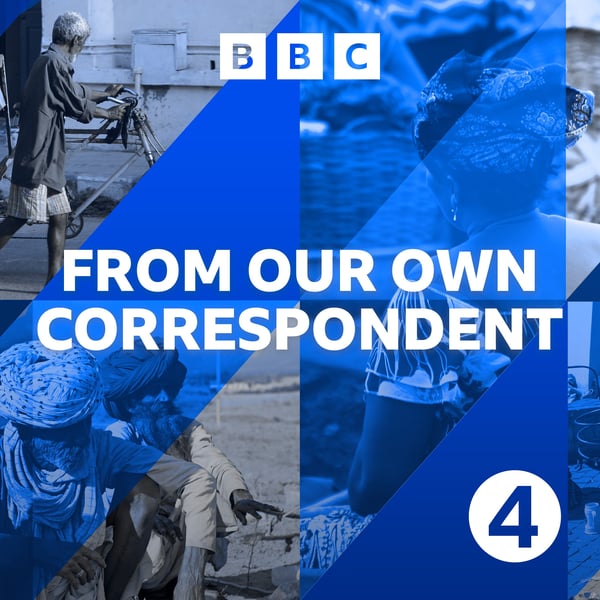Japanese Justice and the Fugitive CEO
From Our Own Correspondent
BBC
4.4 • 1.3K Ratings
🗓️ 18 January 2020
⏱️ 29 minutes
🧾️ Download transcript
Summary
Transcript
Click on a timestamp to play from that location
| 0:00.0 | BBC Sounds, music radio podcasts. |
| 0:05.0 | Good morning. |
| 0:07.0 | Today, fake doves and fiery rhetoric at Awaken Lebanon. |
| 0:12.4 | But why is an Iranian commander mourned so far from home? |
| 0:16.5 | Van derised shops in a climate of fear in Northern India after the passing of a controversial citizenship law. |
| 0:24.0 | We travel to Inner Mongolia to learn that a new gas |
| 0:28.0 | boiler is not always cause for celebration, |
| 0:31.0 | and why a Kazakh detained in China is responsible for his neighbors knives and forks. |
| 0:40.0 | But first, when Carlos Gones skipped bail in Tokyo last month, the world was flabbergasted. |
| 0:47.3 | The former Nissan boss had been under intense surveillance, with undercover agents tailing |
| 0:52.4 | him whenever he left his house. |
| 0:54.4 | But somehow he managed to give them the slip, |
| 0:57.4 | to board a private jet and to make it all the way to Lebanon. |
| 1:01.0 | Now that the drama of Mr Gone's escape is no longer breaking news, the |
| 1:06.6 | spotlight has turned to the justice system he evaded. Japan has an |
| 1:11.2 | enviably low crime rate. |
| 1:13.5 | That's often proudly attributed to a relatively small income gap and full employment. |
| 1:19.0 | But Rupert Wingfield Hayes says another key factor in keeping Japanese citizens honest is that many |
| 1:25.4 | are petrified of what might happen to them if they got arrested. |
| 1:31.6 | In an interview with French television after his dramatic escape from Japan, |
| 1:36.0 | Kollus Gone said something quite revealing. |
| 1:39.0 | No one knew about Japan's hostage justice system, he said, before my case. I too was completely unaware. Only after my case did people find out. |
... |
Please login to see the full transcript.
Disclaimer: The podcast and artwork embedded on this page are from BBC, and are the property of its owner and not affiliated with or endorsed by Tapesearch.
Generated transcripts are the property of BBC and are distributed freely under the Fair Use doctrine. Transcripts generated by Tapesearch are not guaranteed to be accurate.
Copyright © Tapesearch 2025.

